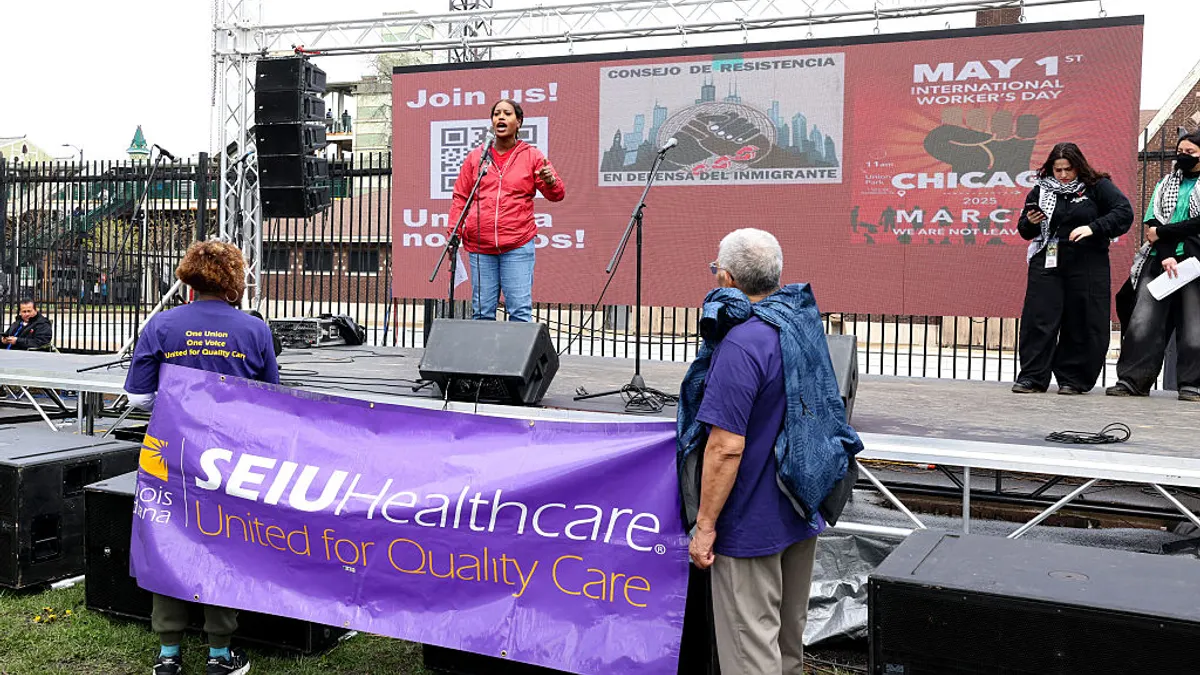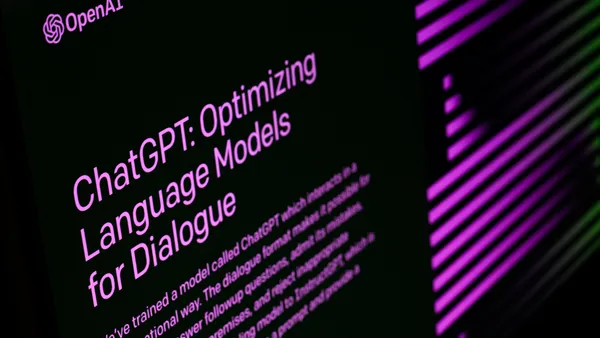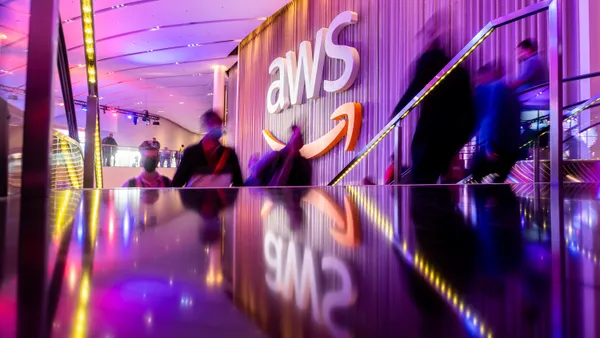Glassdoor, the job board and company review website, found that “burnout” mentions increased 32% year over year as of Q1 2025. Mentions are 50% higher than Q4 2019 (before the COVID-19 pandemic began) and the highest they’ve been since data collection began in 2016.
Employee morale seems to be a recurring theme throughout the data analysis: The average Glassdoor reviewer mentioning “burnout” also rates their employer 2.68 on scale of 1 to 5. Reviews that don’t mention burnout rated their employer 3.61 out of 5 on average. In other words, mention of burnout is connected with 26% lower ratings on average.
In that same vein, employer ratings on Glassdoor were lower for career opportunities (-21%), diversity and inclusion (-17%), work-life balance (-34%) and compensation and benefits (-15%) in reviews mentioning burnout compared to those that don’t mention it.
Calling it a “slow-burn problem,” Glassdoor Lead Economist Daniel Zhao said in the post that burnout can “contaminate the rest of an employee’s experience as workers might start to become jaded.” This extends sometimes to “employees who are otherwise happy with their workplace experience,” Zhao said.
“As businesses trim budgets and headcounts, employees and managers alike are being asked to do more with less,” said Zhao. “That’s a recipe for burnout as workers are stretched increasingly thin without an end in sight.”
When rates of burnout are directly tied to job searches (according to Glassdoor researchers), what can HR do?
Change the workplace culture, of course: A lot of reviews mentioning burnout also characterize their workplace environment as “high-pressure” or “sink or swim,” and often have references to “last-minute” changes or “after-hour” workflow. Recognition is also a recurring theme, with mentions of feeling “resentment,” “fatigue” or “undervalued” also rising.
















